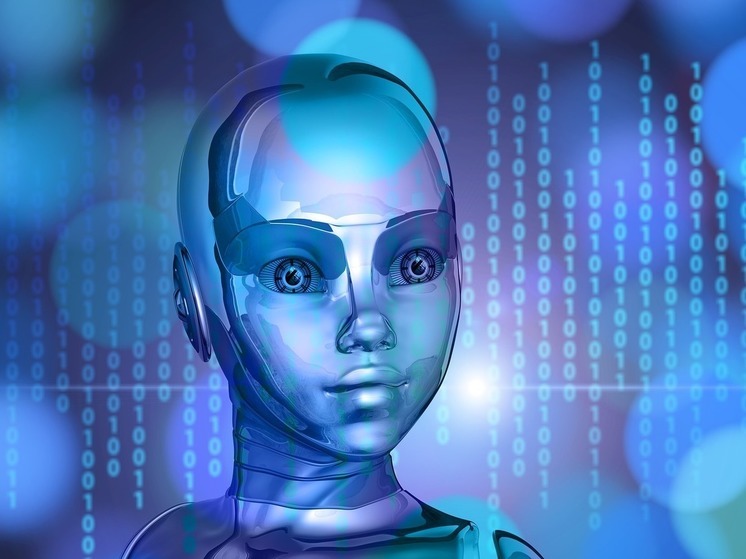In 5-6 years, new technology will free up time to communicate with family
Sending artificial intelligence avatars to our meetings is the future, says the boss of high-tech company Zoom. Eric Yuan predicts that the technology will appear in five to six years and will free up time for communication with family.

The company's chief executive has suggested that Zoom users could in the near future send AI avatars to attend meetings in their absence, delegating the hard work of corporate life to a system trained on their own content, writes The Guardian.
Eric Yuan told the magazine The Verge said it would take “five or six years” for such a system to appear, but added that the company is working on technologies that could bring it closer to reality.
“Let's fast forward five to six years and assume AI is ready,” Yuan suggests. – AI can probably help with about 90% of the work, but in terms of real-time interaction, today we communicate online. So, I can send my digital version, and you can send your digital version.”
Yuan, who also founded Zoom, added that using AI avatars in this way could free up time for career choices. “You and I will have more time for personal communication, but perhaps not for work. Perhaps for something else. Why do we have to work five days a week? In the long term — four or three days. Why don't you spend more time with your family?”
Eventually, he suggests, each user will have their own “large language model” (LLM), which underlies services such as ChatGPT, which will be trained on their own speech and behavior patterns, allowing them to generate highly personalized responses to requests.
Such systems could be a natural extension of the artificial intelligence tools that already exist today. Services like Gmail can summarize and suggest replies to emails based on previous messages, while Microsoft Teams will transcribe and summarize the results of video conferences, automatically generating a to-do list based on the content.
Other services will create realistic video avatars and believably generated speech based on text transcripts. If you put them all together, it may seem that the AI avatar is very close to reality.
However, AI expert Simon Willison dismissed the idea that such technology was inevitable or even possible. “My main problem with this whole idea is that it is pure science fiction thinking about artificial intelligence,” he said. “Just because an LLM can create an acceptable impression of someone doesn’t mean it can actually do useful ‘work’ on that person’s behalf.”“Graduate degrees are useful tools for reflection. These are terrible tools for delegating decision making. My current principle is that they should be used: any time someone hands over actual decision-making power to an opaque random number generator, it's a recipe for disaster.”
Others have expressed concern about the blurring of concepts. «real» and «fake». Steve Vaughn, chief product officer at security and identity company 1Password, pointed to Yuan's statements as evidence that online verification will soon become significantly more difficult.
“How many digital twins can I have at any given time?” ? It's like a max-margin situation,” Vaughn said Tuesday, referring to the 1980s TV series. “The fact that the world's leading chat app thinks, 'Yes, it's perfectly okay to have inauthentic conversations, representation, and business decisions,' I think makes it an urgent problem that we have to solve.»























































Свежие комментарии